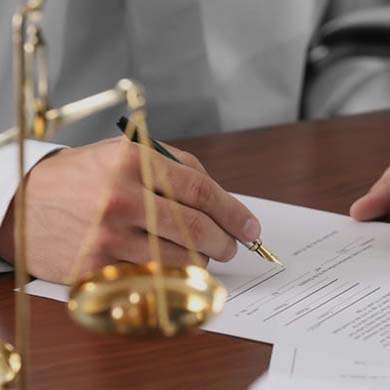File Small Claims Court in Massachusetts
requested is $7,000 or less, except in cases involving property damage caused by a motor vehicle (claim can be higher). Attorneys are allowed, but not required.

To FILE your case and SERVE the Defendant, the price for this state is$74.95.
Massachusetts Small Claim Filin
Why do you waste your time energy after a small claim? We are here to take pain for you. We are literate enough about the Small Claims Court System. We will get your claim filed and make you free from worries. We file Massachusetts Small Claim in the relevant court. We provide proof after the task is completed. Our policy provides individuals and companies peace of mind.
Suing Someone in Massachusetts Court Or Being Sued?
- Serving Your Small Claims Papers Before The Deadline.
- Serve Your Claim In Proper Legal Way for Massachusetts Court.
- Fill Your Proof With The Charlestown Court.


In case you are sued, we talk to the relevant person or company to settle things down. We appeal your small claim judgment as well.
E-Filing Services inMassachusetts
Small Claim Massachusetts E-file your legal documents to Massachusetts courts that accept E-Filling on your behalf.
Small Claims For Bad Cheque Or Payment in Massachusetts
Massachusetts Small Claim settles all money matters reliably and authentically if you are deceived in money matters.
File Small Claims in Charlestown For Security Deposit
In Massachusetts Small Claim, if your former landlord refuses to return the security deposited you paid, we offer our services.
Recent Cases Filed in Massachusetts Small Claims Court
Massachusetts Small Claims Filing if Refusing To Pay After A Car Accident
If someone ruins your car in Massachusetts and refuses to pay for its repair, you can file small claims to recover your car accident damage. Small claims filingprepares all the documents to file a small claim in Massachusetts court.
Direct Legal Small ClaimService inMassachusetts
We provide full service of handling of writs both state and federal.
Court Filling Small Claim Massachusetts Services
Throughout Massachusetts in the small claims, we offer services to accommodate on the same day, next day or routine service.
Who Can Sue Small ClaimInCourt Massachusetts?
Those who can claim for Small Claim Massachusetts are listed below:
- Married Couples can file small claims in Charlestown court.
- Business Partnerships can also file small claims
- Corporations can file small claims
- Government Agencies can file small claims
- Motor Vehicle Claims can be handled
- Minors can also file small claims in the court of Massachusetts
- Prisoners can file small claims
- Bill Collectors can also file small claims in Massachusetts
How Much Does It Cost To File A Small Claim Court, Massachusetts?
There is a $30 filing fee for a case asking for up to $1500. To claim over $1500, and up to $5,000, there is a filing fee of $50. If your claim is above $5,000, the filing fee is $75. If you file more than 12 cases in a year, subsequent cases will cost $100.



